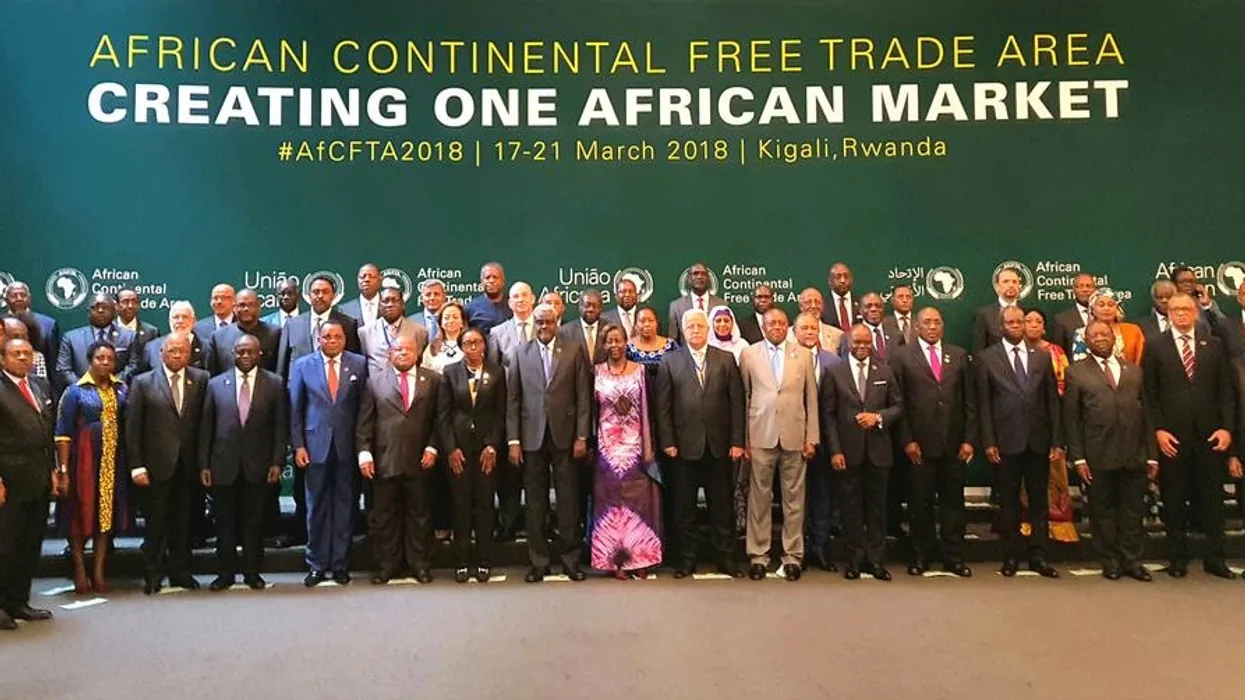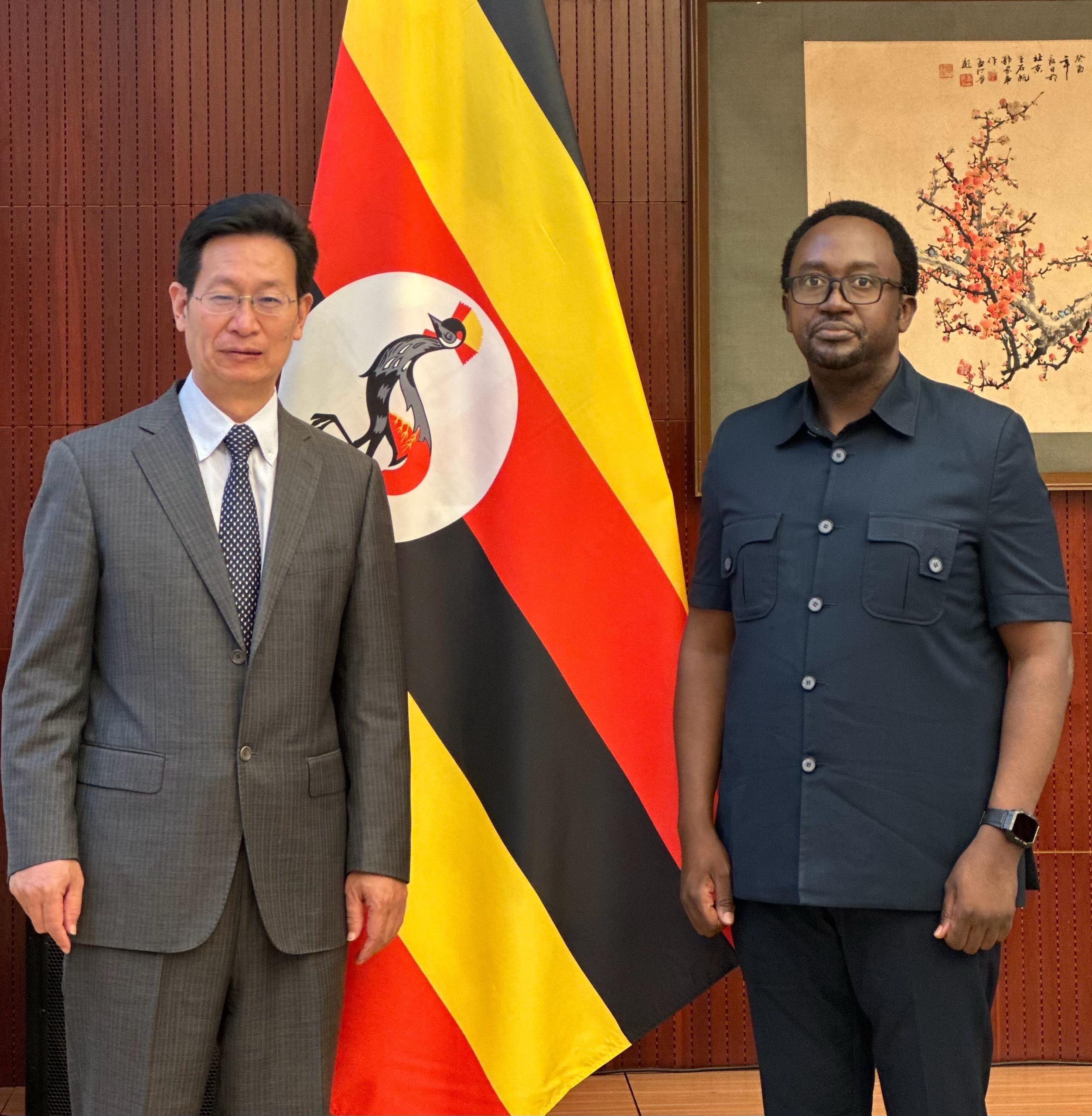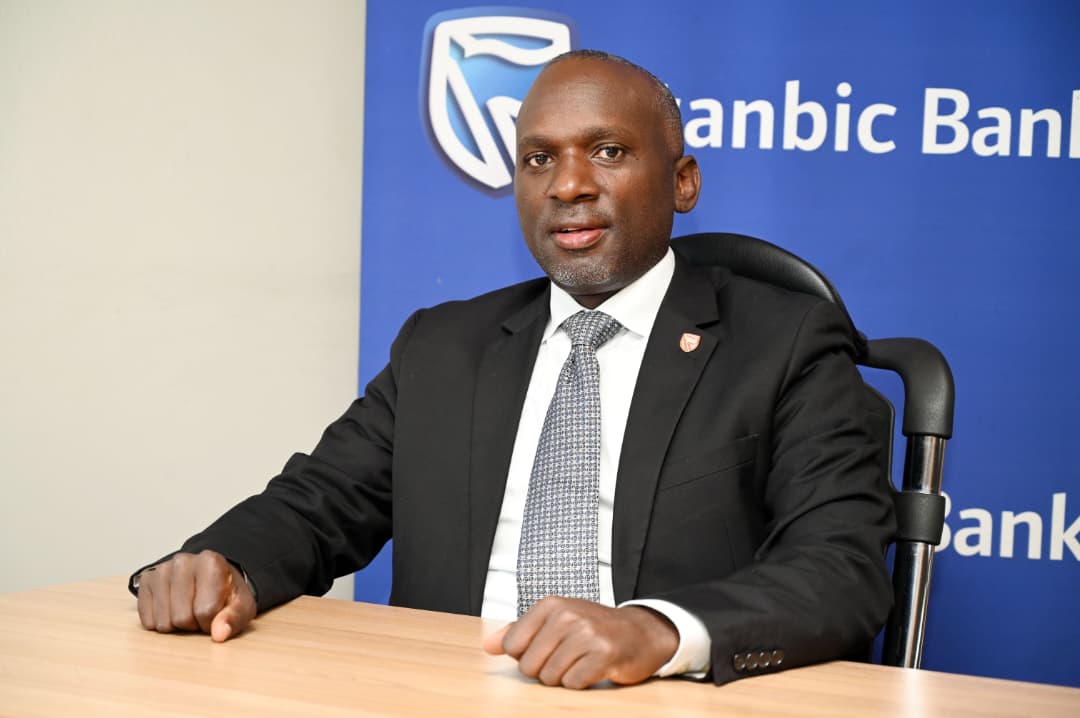
By Bob Twinomugisha
Africa’s structural transformation is progressing slowly, raising questions about why economic growth hasn’t shifted resources from low- to high-productivity sectors. Agriculture, employing over half of Africa’s workforce and contributing one-fifth of GDP, grows at a sluggish 0.37% annual total factor productivity, below the global 0.74%.
Africa remains at the bottom of global agricultural value chains, exporting minimally processed goods. Services, while significant, are concentrated in low-value informal sectors, with potential for growth in tech-intensive areas like banking.
Slow transformation hampers economic resilience. Sub-Saharan Africa’s economy contracted 2% in 2020 due to COVID-19, rebounding to 4.3% in 2021, but growth declined to 3.8% in 2023 amid geopolitical conflicts. The IMF forecasts a dip from 4.0% in 2024 to 3.8% in 2025 as trade wars strain economies. Unchanged economic structures over decades limit Africa’s ability to withstand global shocks like geopolitical tensions, trade wars, and climate change.
To build resilience, Africa must adopt strategies to mitigate shocks and accelerate recovery. Drawing from the Asian tigers, countries can boost agricultural productivity, transition to manufacturing, or modernize services based on resources and skills. Smart industrial policies and the African Continental Free Trade Area (AfCFTA) can drive industrialization and regional value chains, enhancing resilience.
Raising agricultural productivity is critical. In Uganda, despite 6% average growth over two decades, crop production relies on land expansion rather than technology. Yields remain low—maize at 2.3 tons/hectare (potential 8.0), cassava at 3.3 tons/hectare (potential 20). Policymakers must prioritize mechanization, fertilizers, and improved seeds.
Africa must invest in resilience and structural transformation. Banks can drive inclusive recovery, enabling economies to withstand shocks and empowering people to thrive.
The writer is a Senior Economist, Macroeconomics and Trade, Uganda Development Bank.







